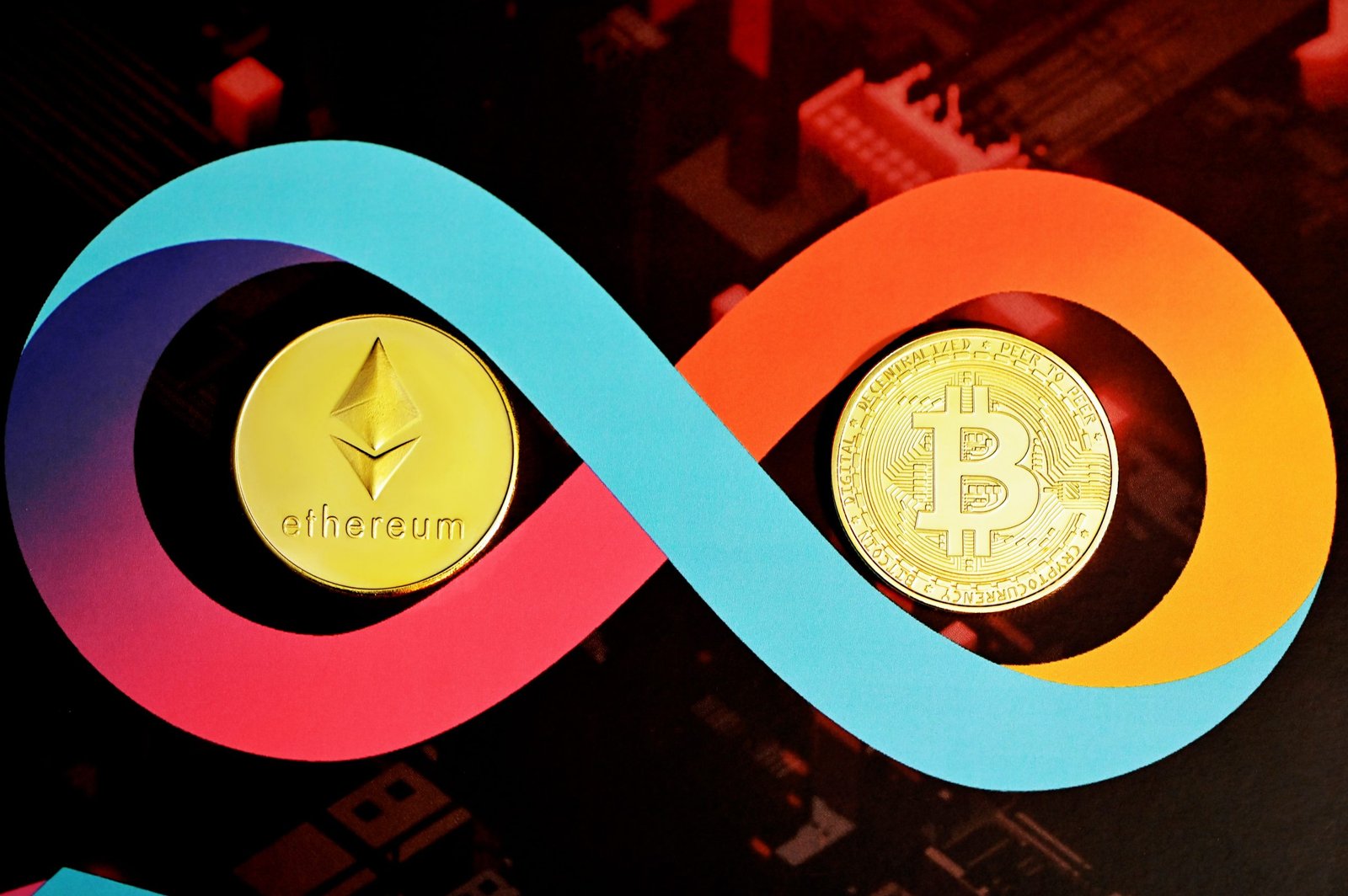Since ChatGPT’s release in 2022, which kick-started the current artificial intelligence revolution, we have been told that the technology is going to be disruptive to almost every industry.
While some believe the pursuit of superintelligence (the point where AI outstrips humans at all tasks) is overblown, others see it as inevitable. The truth is probably somewhere in between. Some industries will see wholesale changes due to AI, whereas others may be minimally impacted. Some job roles will disappear or change dramatically, and others will stay the same.
Yet, if we could cite one industry that is constantly cited as being ripe for AI disruption it would be the gaming sector. Some of these changes are easy to appreciate and are already happening. For example, video game voice actors have been vocal about being replaced by AI, leading to the threat of strikes. While there is obvious sympathy for anyone whose job is under threat, you can see the logic in gaming studios deciding to go with a cheaper alternative, especially given how impressive AI voice tools are.
AI can help with coding
However, there are broader areas where, at the very least, it is less clear how AI will impact. We know, for example, that AI is very adept at generating code, leading to some predictions that anyone will be able to build video games from scratch by prompting AI to build it. There is perhaps some truth in this, as AI can be used to build basic games, as well as other media like websites, but using AI to code a full AAA-level game feels very far off. More likely, vibe coding (using natural language to prompt AI to code) will be used for labor-intensive and repetitive tasks, but human oversight will be required, both for the more advanced elements and to ensure that the code is correct.
While AI tools will inevitably have an impact on how games are made, even if it is just about making the process cheaper and less labor-intensive, we do have some skepticism about the claims that AI will make gaming more interesting and, perhaps, change how we perceive gaming entertainment.
Gaming mechanisms remain the same
The first thing to say is that gaming largely has been unchanged over the decades in how we engage with it. Gaming is something you do, not something that happens in front of you. This is true for all types of gaming, and is just as relevant for playing God of War on a PlayStation 5 as it is to playing slots on the social games platform McLuck. While graphics, gameplay controls, and the scope of gaming have changed, it is still something that the player does; it’s not something that ‘happens’ to the player.
We have seen a lot of talk about how AI will make NPCs (non-playable characters) more personalized and, thus, interesting to the player. Again, this feels logical, as AI might adapt to your personal styles and, indeed, grow in different aspects, infusing that into the character. Yet, this also overlooks the fact that the current boom in gaming is intertwined with the ability to connect to other humans. Yes, some people play games alone, but the vast majority of popular modern games have co-operative elements and are designed to be played with others.
AI can be trusted with the unimportant stuff
Back in 2023, Wired reported on the potential overexaggeration of AI’s role in both developing video games and performing a role in the gameplay. The article brought in several industry experts, including the head of CD Projekt Red, who laughed at the idea that AI could ever build something like Night City from Cyberpunk 2077. Yet, one of the interesting takeaways was that AI could – and will – be used for the unimportant stuff, ranging from the laborious coding tasks we mentioned earlier to giving NPCs more diverse and personal dialogue.
Two years after that article, the AI race has accelerated, with better chatbots, image generators, and vastly more powerful LLMs. Yet, the argument still rings true. AI will impact gaming, making games easier to build – and perhaps cheaper – as well as adding more depth to some of the auxiliary experiences, such as the size of the open worlds or the seeming intuition of computer-controlled characters. But the rules of engagement – how players interact with gaming – will remain the same.






